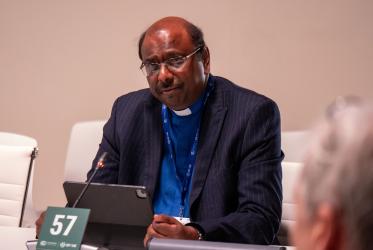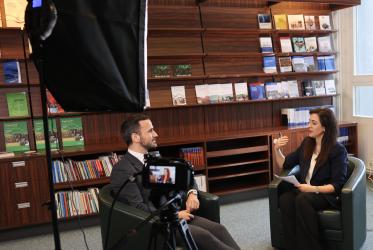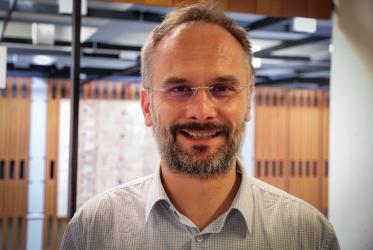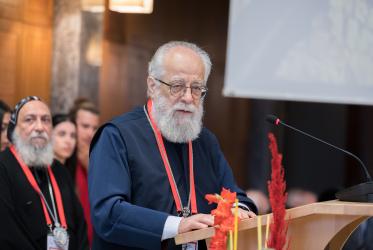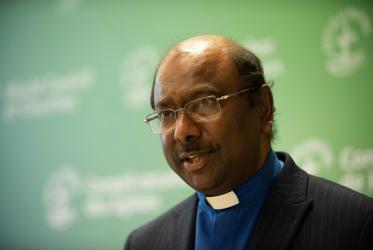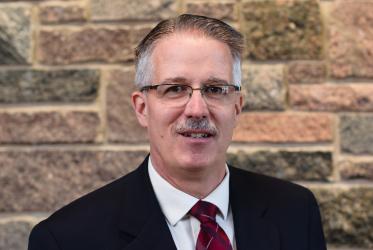Displaying 1 - 20 of 101
"In the end, it comes down to…love each other"
24 April 2024
At COP28, WCC general secretary hopes for “less talk and more walk”
01 December 2023
Recommended Practices to Combat HIV-Related Stigma
A Guidebook for Local Faith Communities
05 October 2023
Faith Sector Implementation of the Global AIDS Strategy
05 October 2023




